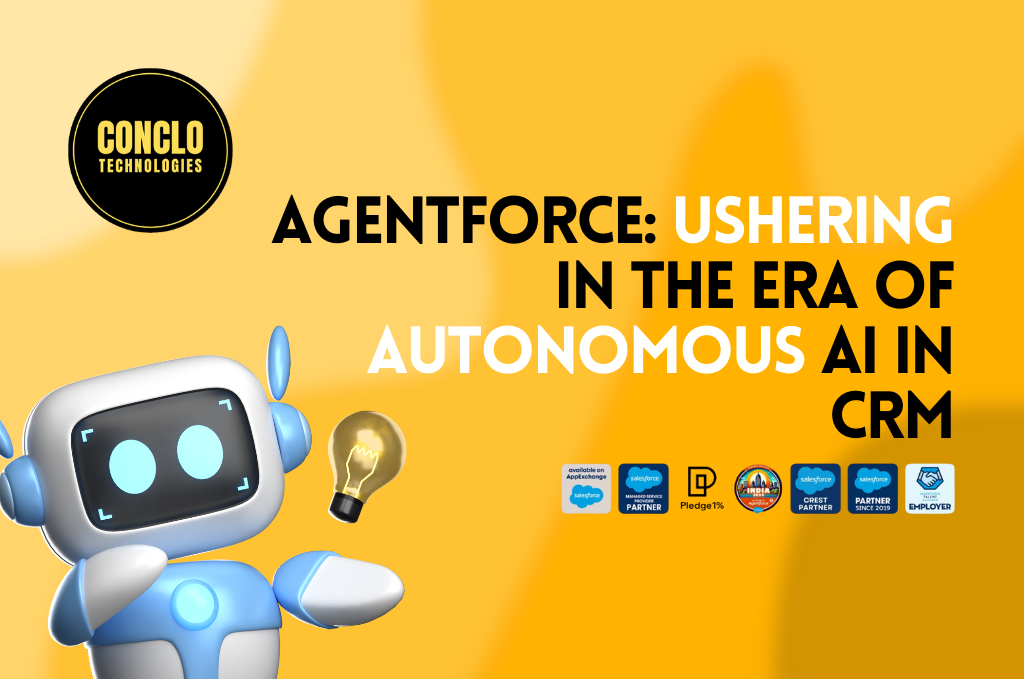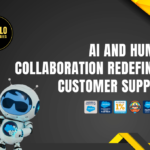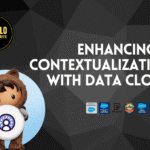The landscape of Customer Relationship Management is undergoing a transformative shift. Salesforce’s Agentforce stands at the forefront of this revolution, introducing autonomous AI agents that redefine how businesses interact with customers and manage internal processes. Unlike traditional CRM tools that require constant human oversight, Agentforce operates with unprecedented independence, executing complex tasks across sales, service, and marketing domains without manual intervention.
Beyond Traditional Automation
Agentforce represents a fundamental evolution from conventional chatbots and rule-based automation systems. These intelligent agents possess the capability to understand context, make decisions, and execute multi-step workflows autonomously. They can draft personalized emails based on customer history, process complex invoices with varying formats, manage intricate customer support tickets, and even conduct preliminary sales qualification calls. The seamless integration with Slack, Salesforce platforms, and third-party applications creates a unified ecosystem where AI agents work alongside human teams.
The technology leverages advanced natural language processing and machine learning algorithms to understand nuanced customer requests and business contexts. This enables agents to handle ambiguous situations, adapt to changing circumstances, and learn from interactions to improve performance over time. The result is a system that doesn’t just follow predefined scripts but genuinely understands and responds to business needs dynamically.
Real-World Applications Across Industries
Agentforce has demonstrated remarkable versatility across diverse sectors, with each industry discovering unique applications that drive significant business value.
- In financial services, institutions have deployed Agentforce to revolutionize loan processing workflows. The agents analyze credit applications, verify documentation, cross-reference financial data, and provide preliminary approvals or rejection recommendations. This automation has reduced processing times by 40% while maintaining accuracy standards. Additionally, these agents handle routine customer inquiries about account balances, transaction histories, and policy information, freeing human advisors to focus on complex financial planning and relationship building.
- Healthcare organizations have embraced Agentforce for patient engagement and administrative efficiency. The agents manage appointment scheduling across multiple providers, send automated reminders, handle prescription refill requests, and conduct follow-up surveys. They can also process insurance verification, update patient records, and coordinate care between different departments. This comprehensive automation has improved patient satisfaction scores while reducing administrative burden on healthcare staff.
- Retail companies leverage Agentforce to enhance customer experience throughout the shopping journey. The agents handle order status inquiries, process returns and exchanges, provide personalized product recommendations based on purchase history, and manage inventory-related customer communications. Advanced implementations include agents that can predict customer needs, proactively address potential issues, and even negotiate basic pricing or shipping adjustments within predefined parameters.
Developer-Friendly Architecture
The technical architecture of Agentforce prioritizes accessibility without sacrificing sophistication. Developers can create task-specific agents using natural language descriptions rather than complex coding, significantly reducing development time and technical barriers. The platform provides comprehensive testing environments where agents can be evaluated against various scenarios before deployment.
Integration capabilities extend beyond Salesforce’s native ecosystem. The platform offers robust APIs that connect with external systems, databases, and third-party applications. This flexibility allows organizations to incorporate existing tools and workflows without complete system overhauls. The compatibility with Lightning Flows and Apex provides advanced developers with the ability to create highly customized solutions while maintaining the simplicity that makes Agentforce accessible to non-technical users.
Security features include role-based access controls, data encryption, and audit trails that track all agent actions. This enterprise-grade security framework ensures that autonomous operations maintain compliance with industry regulations and internal governance policies.
Strategic Implementation Considerations
Successful Agentforce deployment requires strategic planning that addresses both technical and organizational factors. Organizations must begin by clearly defining objectives and identifying processes that would benefit most from automation. Data quality becomes crucial, as agents rely on accurate, well-structured information to make appropriate decisions.
Change management represents another critical consideration. Employees need training not only on how to work with AI agents but also on how their roles will evolve in an AI-augmented environment. This includes establishing new workflows, communication protocols, and performance metrics that account for human-AI collaboration.
Governance protocols must address agent performance monitoring, decision auditing, and continuous improvement processes. Organizations should establish clear escalation paths for situations that exceed agent capabilities and maintain human oversight for critical business decisions.
Future Implications and Market Impact
Agentforce signals a broader shift toward autonomous business operations that extend far beyond traditional CRM boundaries. As these AI agents become more sophisticated, they will likely expand into areas such as strategic planning, complex negotiations, and creative problem-solving. The technology’s evolution suggests a future where human-AI collaboration becomes the standard for business operations across all industries.
The competitive advantages offered by Agentforce include not only operational efficiency but also the ability to provide 24/7 customer service, consistent quality in customer interactions, and scalability that adapts to business growth without proportional increases in staffing costs.
CONCLO’s Strategic Perspective
Agentforce represents more than incremental improvement in CRM technology; it embodies a paradigm shift toward truly autonomous business operations. Organizations that thoughtfully integrate these AI agents into their operations position themselves at the forefront of digital transformation. The key to success lies in viewing Agentforce not as a replacement for human capabilities but as an amplifier that enables teams to focus on high-value strategic activities while AI handles routine operational tasks.
The technology’s maturity and proven results across diverse industries make it a compelling option for organizations seeking to enhance efficiency, improve customer satisfaction, and establish competitive differentiation in an increasingly digital marketplace. As AI agents continue to evolve, early adopters of platforms like Agentforce will be best positioned to leverage advanced capabilities and maintain their competitive edge.
Explore Our AI Use Cases and Case Studies
Discover how leading organizations across industries have successfully implemented AI solutions to drive measurable business results. From customer service automation to predictive analytics, our comprehensive collection of use cases and detailed case studies provides real-world insights and proven strategies you can apply to your own organization.
Ready to get started?
Contact our AI experts today to discuss how Agentforce can be tailored to your specific business needs. Let’s build the future of your customer relationships together.



